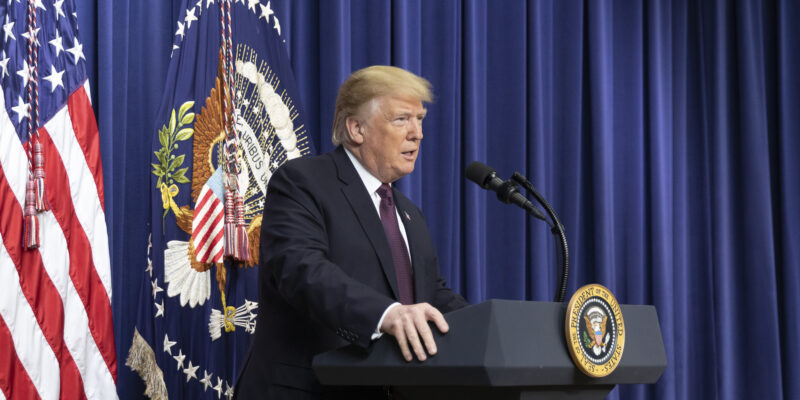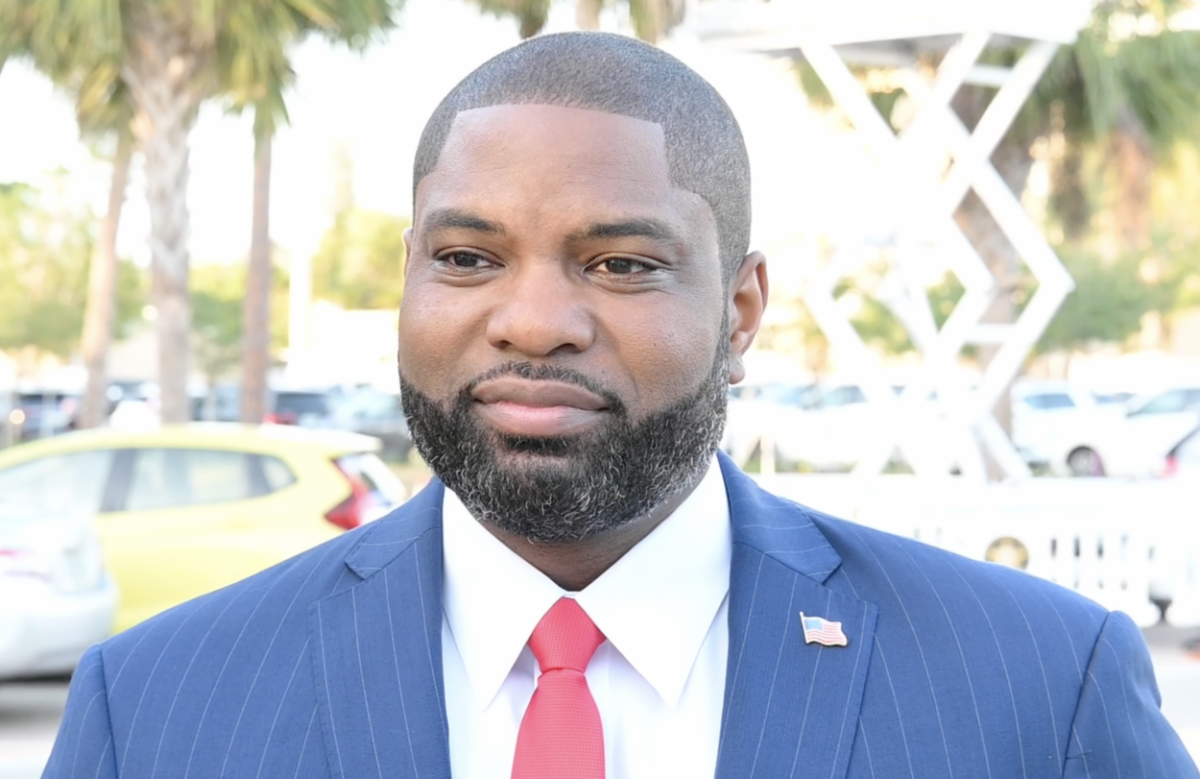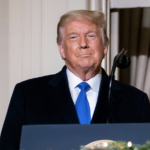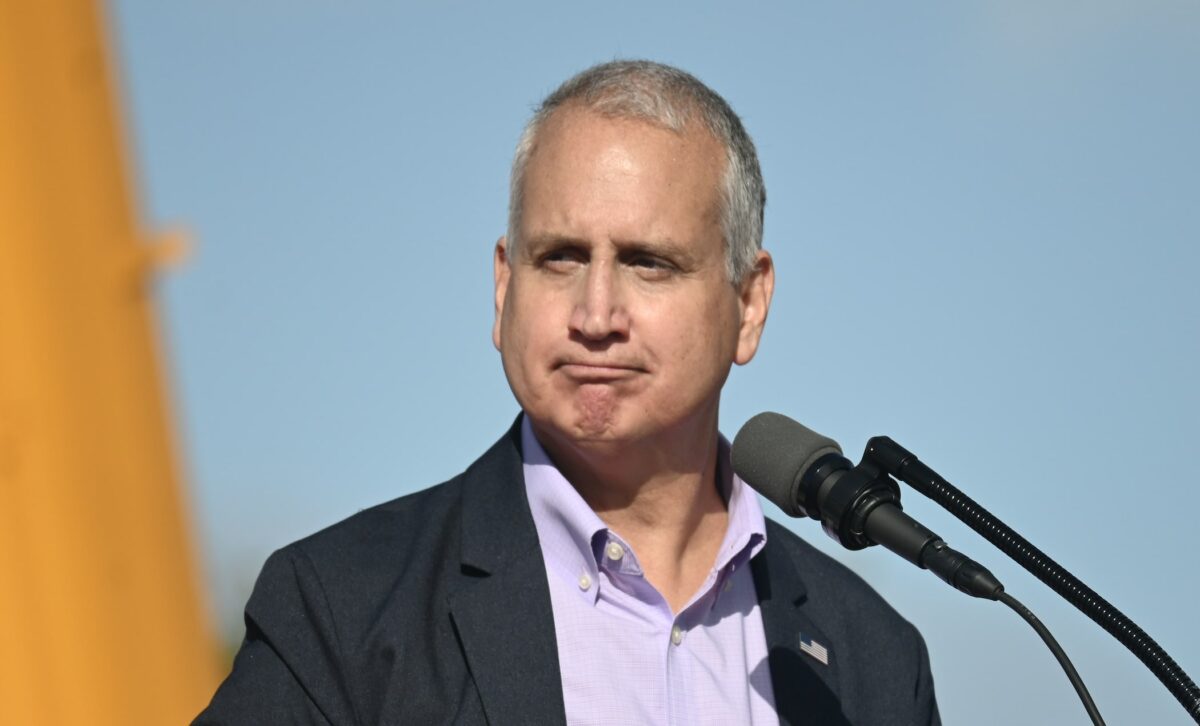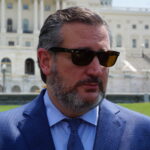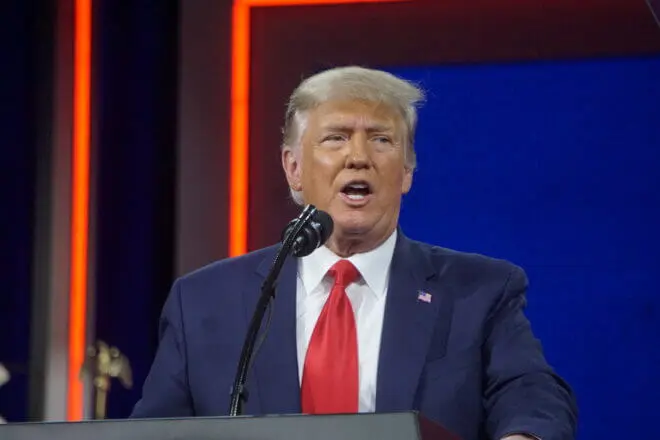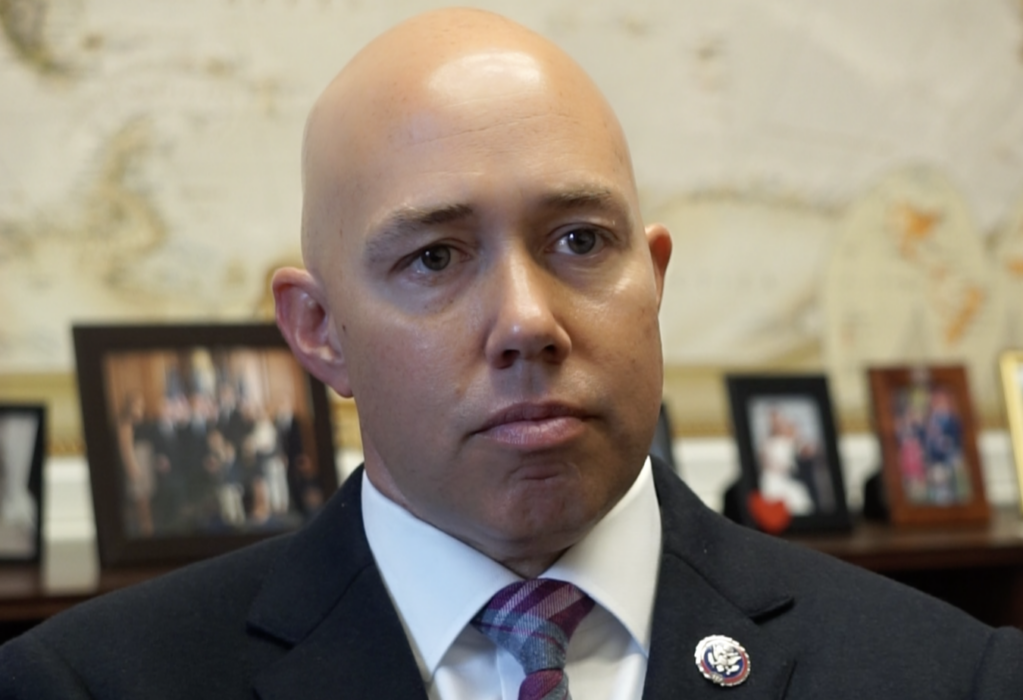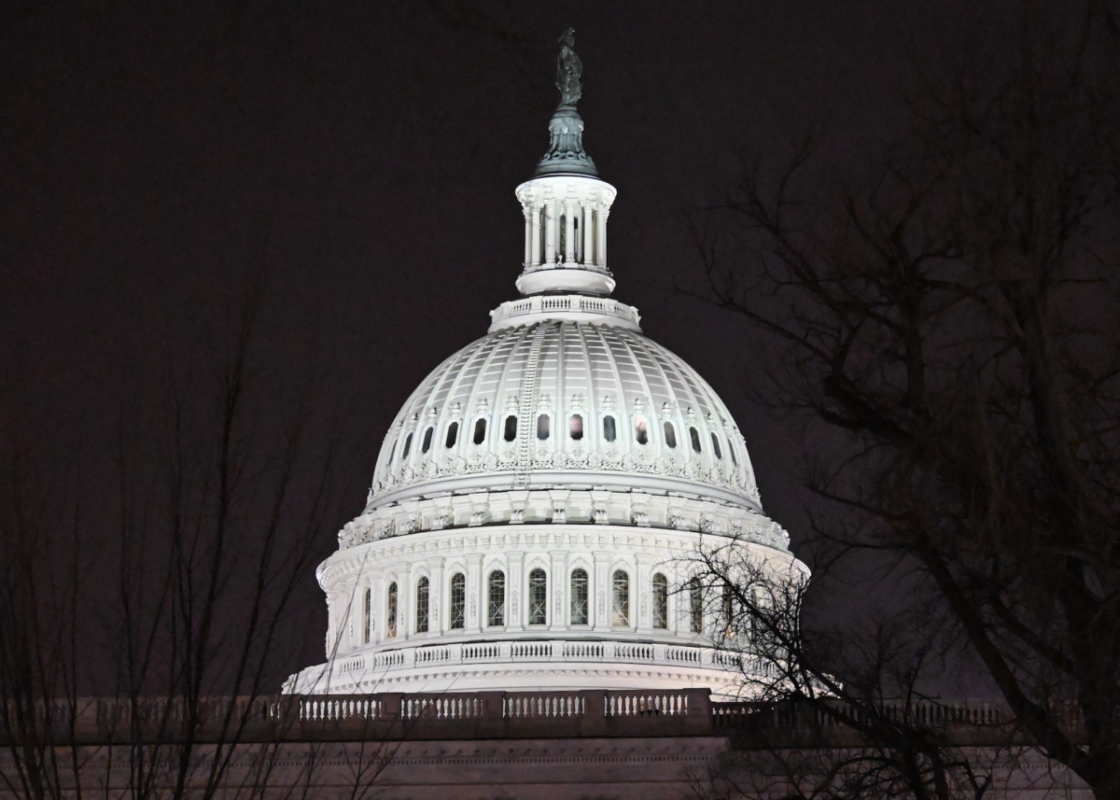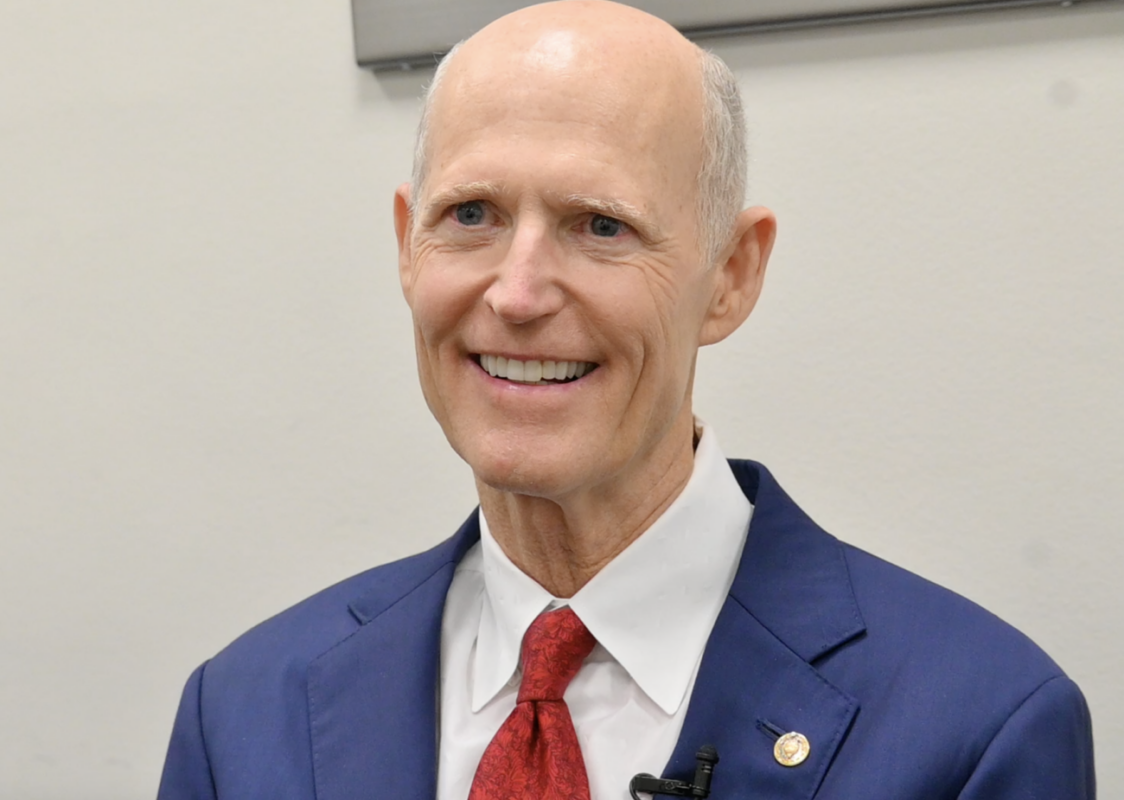Michigan rep. Justin Amash (R) made headlines when he became the first Republican to join Democrats in calling for President Trump to be impeached.
Though House Speaker Nancy Pelosi (D) has tried to quiet down the talks of President Trump being impeached, the idea has now gained more traction as rep. Amash continues to voice his disapproval of the president.
In response to rep. Amash’s call for impeachment, House Minority Leader Kevin McCarthy (R) was interviewed on “Sunday Morning Futures” over the weekend, and he said that Amash’s call for impeachment is “very disturbing.”
McCarthy continued by expressing that “this is exactly what you would expect from Justin. He never supported the president. And I think he’s just looking for attention.”
McCarthy doubled down by saying that Amash is “not a criminal attorney. He’s never met Mueller. He’s never met Barr.” And, McCarthy questioned why he was “forward with this?”
Elaborating on why he believes that President Trump should be impeached, Amash took to twitter to provide four rebuttals to supporters of the president.
The first argument is that “there were no underlying crimes.”
To this, Amash responded that:
In fact, there were many crimes revealed by the investigation, some of which were charged, and some of which were not but are nonetheless described in Mueller’s report.
— Justin Amash (@justinamash) May 20, 2019
The second argument is that “obstruction of justice requires an underlying crime.”
To this, Amash argued that “obstruction of justice does not require the prosecution of an underlying crime, and there is a logical reason for that. Prosecutors might not charge a crime precisely *because* obstruction of justice denied them timely access to evidence that could lead to a prosecution.”
Amash further explained that “if an underlying crime were required, then prosecutors could charge obstruction of justice only if it were unsuccessful in completely obstructing the investigation.”
The third argument is that people “imply the president should be permitted to use any means to end what he claims to be a frivolous investigation, no matter how unreasonable his claim.”
In response, Amash detailed that:
In fact, the president could not have known whether every single person Mueller investigated did or did not commit any crimes.
— Justin Amash (@justinamash) May 20, 2019
Finally, Amash noted that people “imply ‘high Crimes and Misdemeanors’ requires charges of statutory crime of misdemeanor.”
He responded that “’high Crimes and misdemeanors’ is not defined in the Constitution and does not require corresponding statutory charges. The context implies conduct that violates the public trust – and that view is echoed by the Framers of the Constitution and early American scholars.”

